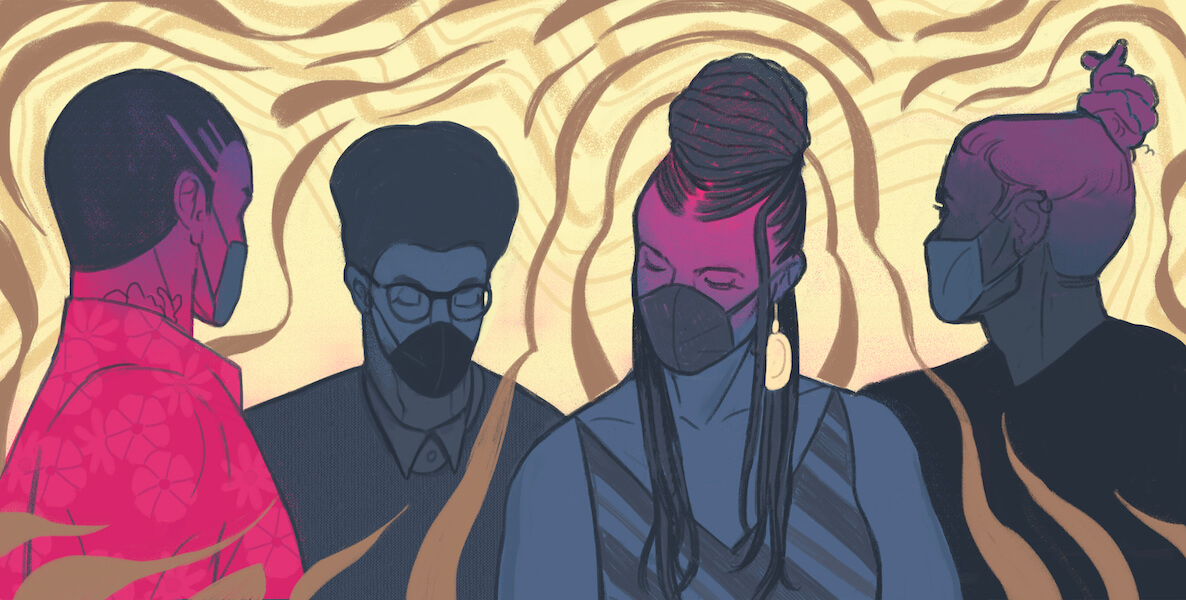Post-Traumatic Blackness Disorder: The Mental Toll of Surviving Racism
From Michael Harriot, at The Root
There is a movement underway to ban Bull in the Ring from all football programs...Old timers say it toughens players and helps a team get “pumped up.” People who have never played football call it brutal and unnecessary. Some coaches call it “King of the Circle.” Others simply call it “Kill the Man.
Black people call it “life.”
Like Bull in the Ring, being Black in America can lead to long-term brain damage. The toll that racism plays in mental health has not yet been fully quantified, but ongoing research shows that racial discrimination is a significant contributor to anxiety, depression and post-traumatic stress disorder. And, while many people attribute many of these disorders to brain chemistry, poverty or some other social factor, simply existing as a Black person in a nation where every weapon formed against you seems to prosper is enough to leave mental scars for life.
“About one in four Black Americans will experience an anxiety disorder at some point,” write Dr. Jessica R. Graham-LoPresti, Dr.Tahirah Abdullah, Dr. Lindsey M. West and Amber Calloway, four black female mental health researchers, who called the condition “racial battle fatigue,” adding:
Social anxiety disorder is the most common anxiety disorder, with a lifetime prevalence of 10.8% among Blacks, followed by generalized anxiety disorder (5.1%), panic disorder (3.1%), and obsessive-compulsive disorder. In addition, anxiety is more persistent (i.e, symptoms last longer) in Black Americans as compared to the general population. However, Black Americans seek mental health treatment considerably less often and/or dropout of mental health treatment before the recommended dose of therapy more often compared to the general population.
While the negative impact of racism on mental health is pervasive and far-reaching, these studies suggest a link between racism and symptoms associated with anxiety. There are three specific ways we think experiences of racism negatively impact stress and anxiety for Black Americans:
Perceptions of lack of control
Internalization
Avoidance of valued action
It is easy to point to the overt forms of racism and draw a direct line to mental health issues but, for Minority Mental Health Month,
The Root asked a few readers ...
More at the link:
https://www.theroot.com/post-traumatic-blackness-disorder-the-mental-toll-of-s-1844409750

